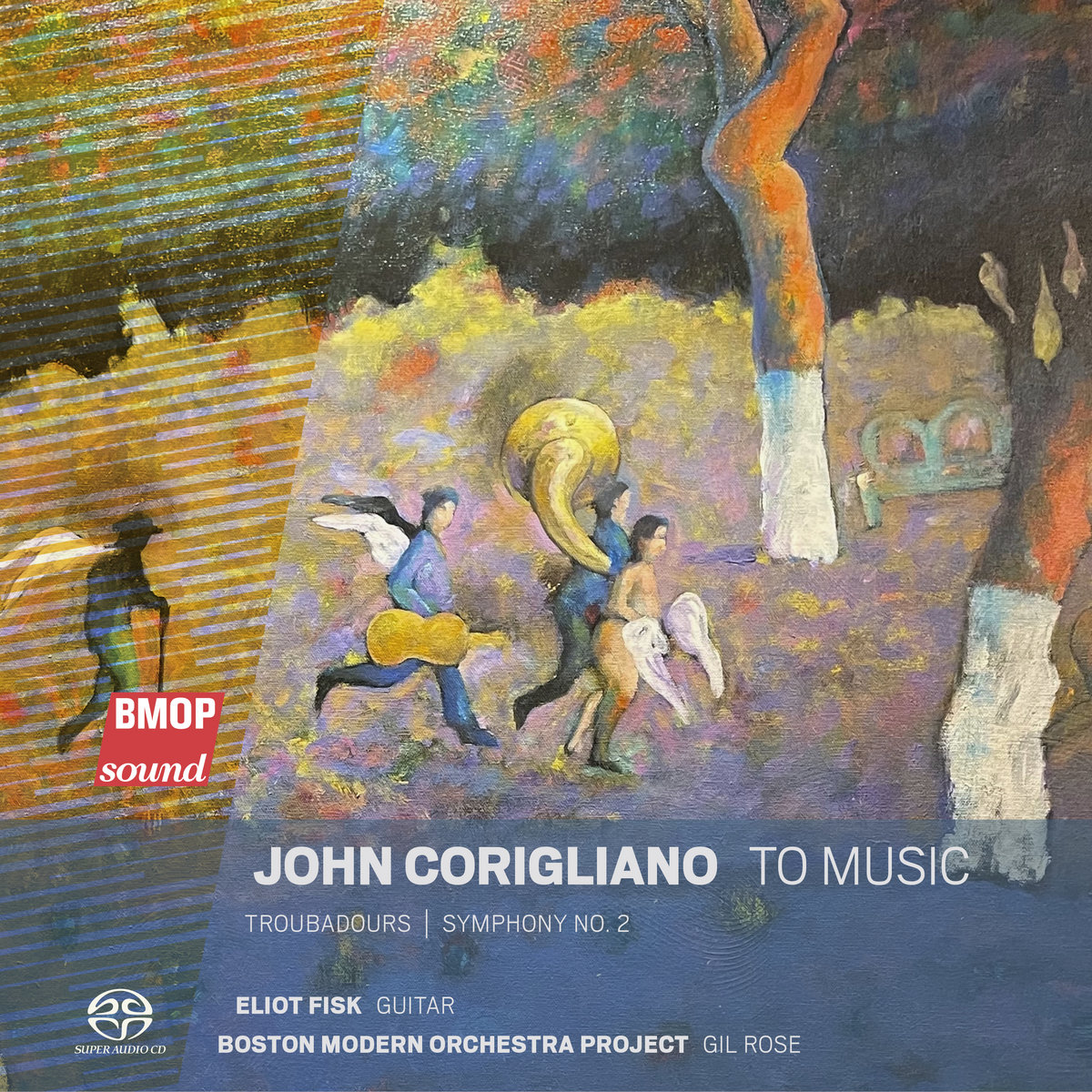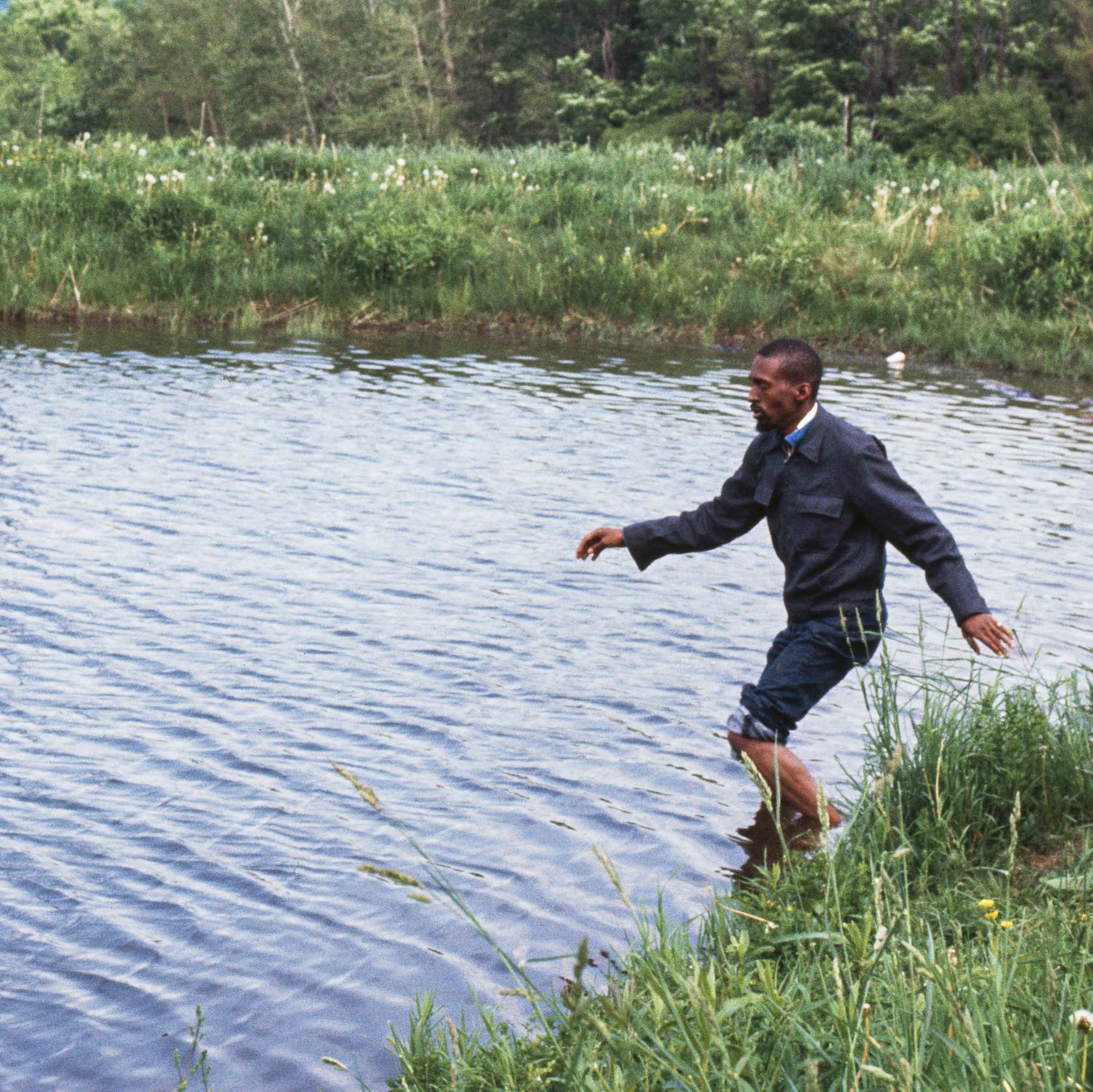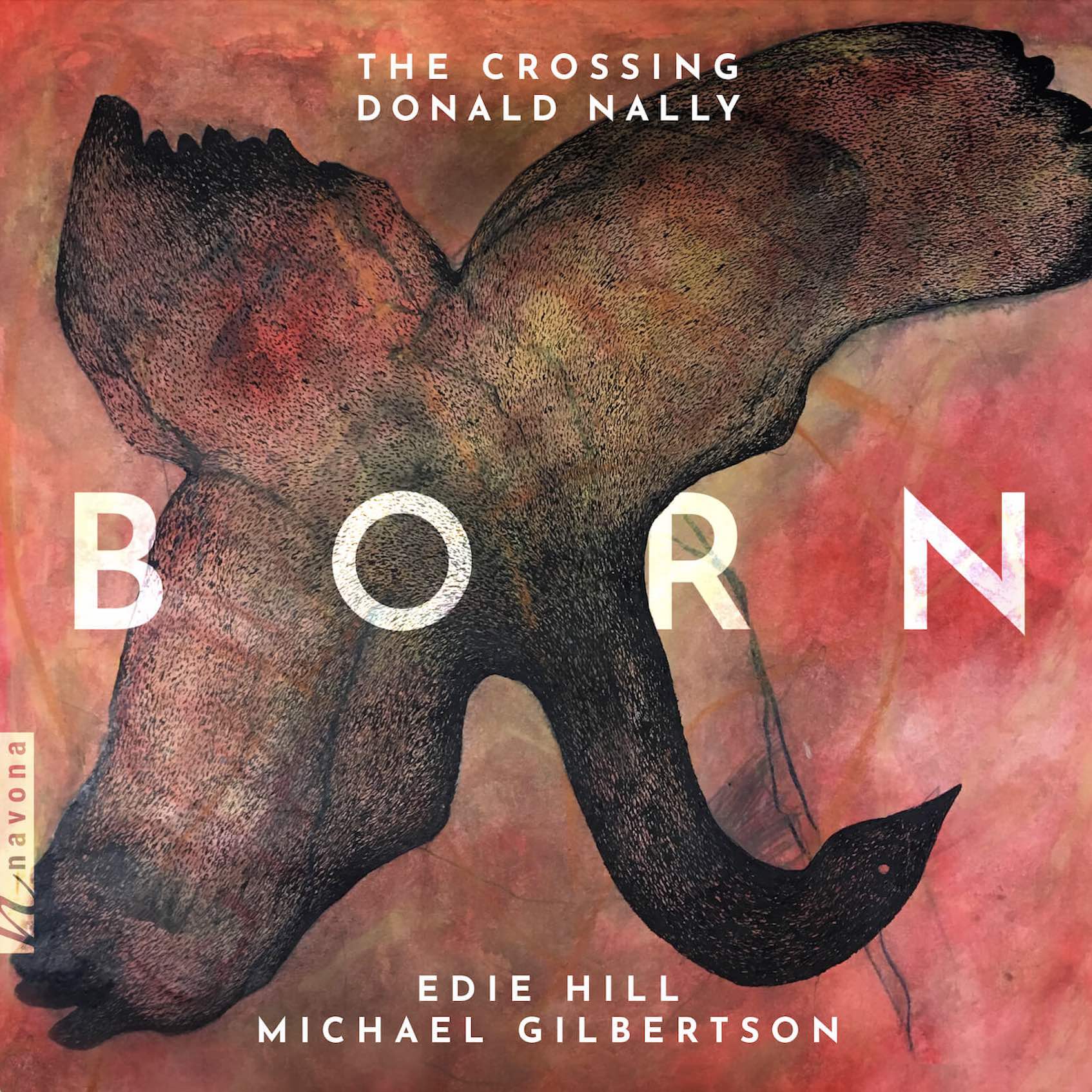Reviews
Americana Newly Recorded
 New music for orchestra, chamber musicians, and voices this month includes a second volume reflecting the eclectic palette of the late Julius Eastman and an important environmental work from crack choir The Crossing. To start, though, John Corigliano has a pair of works receiving their third recordings, thereby suggesting that rarest of the rare: contemporary music that is entering the repertoire.
New music for orchestra, chamber musicians, and voices this month includes a second volume reflecting the eclectic palette of the late Julius Eastman and an important environmental work from crack choir The Crossing. To start, though, John Corigliano has a pair of works receiving their third recordings, thereby suggesting that rarest of the rare: contemporary music that is entering the repertoire.
The disc is by the tireless Boston Modern Orchestra Project and its visionary maestro, Gil Rose, an outfit to which contemporary American classical music owes a considerable debt. [As recognized in 2016 as Musical America’s Ensemble of the Year.] His Second Symphony won Corigliano the Pulitzer Prize for Music in 2001. Written for string orchestra, it uses a wide range of playing techniques across five movements that run the dynamic gamut: from the muzzy harmonies of its muted prelude and postlude, through a mesmeric nocturne that suggests muezzin calls emerging from the depths of the Moroccan night, to a jarring delayed-entry fugue that is brain-scrambling in its originality of form. Rose’s interpretation takes clarity as its watchword but there’s plenty of passion too and this new reading yields nothing to its competitors on disc (Yuli Turovsky on Chandos and John Storgards on Ondine).
The other work is the highly original guitar concerto Troubadours, a 21-minute, single- movement piece that Sharon Isbin persuaded the composer to write for her back in 1993. Adopting a slow-fast-slow profile, it was conceived as a set of free variations on an original melody that quotes the final phrase of a song by the 12th-century trobairitz (that’s a female troubadour) La Comtessa Beatritz de Dia. Translucently textured and gracefully scored, Corigliano conjures haunting moods, while his use offstage instruments—a kind of medieval shawm band of oboe, two bassoons, and a percussionist—enhances the music’s feeling of otherworldliness. The recording is completed by To Music, a richly harmonized five-minute rumination on Schubert’s “An die Musik.”
 When composer, pianist, choreographer, and provocateur Julius Eastman died homeless and alone in a Buffalo hospital in 1990, it was eight months before anyone got round to publishing an obituary. That was then. The last couple of years have seen a well-deserved revival of interest in this genuine one-off, and this new seven-volume series by Los Angeles contemporary music ensemble Wild Up provides further proof of his maverick genius. Joy Boy is the follow up to Feminine—one of the hottest releases of last year—and includes a number of premiere recordings that improve our awareness of the breadth of Eastman’s art.
When composer, pianist, choreographer, and provocateur Julius Eastman died homeless and alone in a Buffalo hospital in 1990, it was eight months before anyone got round to publishing an obituary. That was then. The last couple of years have seen a well-deserved revival of interest in this genuine one-off, and this new seven-volume series by Los Angeles contemporary music ensemble Wild Up provides further proof of his maverick genius. Joy Boy is the follow up to Feminine—one of the hottest releases of last year—and includes a number of premiere recordings that improve our awareness of the breadth of Eastman’s art.
The album opens with the ecstatic fluttering of Joy Boy, an edgy composition from 1972 where Eastman pitches twittering sounds redolent of pleasure against the harsher sonorities reflecting a world he felt projected suffering onto the Black psyche. It’s given a dynamic workout with multiple woodwinds and twittering voices in a far more in-your-face and imaginative interpretation than others you might find online.
For the album launch, Wild Up performed the minimalist-inspired Buddha, live from dawn until dusk, in an endlessly evolving ensemble. Eastman’s music comes in the form of a graphic egg-shaped score with concentric circles that are intended to be interpreted as pulses and pitches, and here they have recorded two contrasting approaches. Similarly, Touch Him When receives two treatments (“light” and “heavy”). Eastman, whose ideas about notation and instrumentation were notoriously fluid, suggested it was a piece suitable for piano four-hands, but here Wild Up guitarist Jiji offers a pair of sonically opulent, beautifully paced interpretations on electric guitar.
The disc wraps with the infectious Stay on It in an exuberant, foot-stomping arrangement for full chamber ensemble by Chris Kallmyer. Immersive stuff and immaculately recorded.
 The Crossing and conductor Donald Nally are one of the most fruitful commissioners of new choral music around. Not only can they boast an exceptional hit rate when it comes to producing new work, you can imagine other choral outfits queuing up to perform the score. The latest disc, Born, features work by Minneapolis-based composer Edie Hill and Iowa-born Michael Gilbertson [onetime Musical America New Artist of the Month] that teems with ideas as well as being simply beautiful music.
The Crossing and conductor Donald Nally are one of the most fruitful commissioners of new choral music around. Not only can they boast an exceptional hit rate when it comes to producing new work, you can imagine other choral outfits queuing up to perform the score. The latest disc, Born, features work by Minneapolis-based composer Edie Hill and Iowa-born Michael Gilbertson [onetime Musical America New Artist of the Month] that teems with ideas as well as being simply beautiful music.
Hill’s Spectral Spirits, which premiered in Philadelphia and New York in 2019, addresses the plight of endangered or recently extinct birds in a 30-minute meditation on nature and loss, shot through with flashes of humor and an occasional dash of hope. Hill takes four poems from Passings by Holly J. Hughes: “Passenger Pigeon,” “Carolina Parakeet,” “Eskimo Curlew,” and “Ivory-Billed Woodpecker.” For each bird, she fashions a musical ‘‘ceremony’’ by framing the Hughes poems with eyewitness accounts written by people who experienced the birds firsthand as well as sequences riffing on their official Latin names and more commonly used nicknames.
It's ear-ravishing music, full of bare harmonies and melismatic solo lines, and the poetry is to die for (listen to eyewitness Henry David Thoreau on the “Passenger Pigeon,” or any of Hughes’s evocative poems). The performances are typically precise but also emotionally charged with the composer’s urgent message. “Why, if we see something alive, vibrant, with striking color, do we want to possess it to the point of oblivion?” Hill asks in a reflective sleeve note. “In the end: we all lose.”
Framing Spectral Spirits are two pieces by Gilbertson. Opening the disc is Born, based on a tender poem by Wislawa Szymborska and commissioned by the conductor and his spouse Steven Hyder in memory of Nally’s mother. Warm, glancing harmonies and meticulous word setting together create a moving contemplation of birth, motherhood, and familial relationships. The disc ends with Returning, with texts by Kai Hoffman-Krull, a delicate, two-part meditation laced with pungent dissonances exploring passionate love, absence, and longing through the biblical story of David and Jonathan.
John Corigliano
To Music, Troubadours, Symphony No. 2
Boston Modern Orchestra project, Gil Rose, Eliot Fisk
BMOP/Sound 1087
Julius Eastman
Julius Eastman, Volume 2: Joy Boy
Wild Up, Christopher Rountree, Shelley Washington, Andrew McIntosh, Jiji, Lewis Pesacov, Chris Kallmyer
New Amsterdam NWAM164
Edie Hill & Michael Gilbertson
Born, Spectral Spirits, Returning
The Crossing, Donald Nally
Navona NV6449S1





 FEATURED JOBS
FEATURED JOBS

 RENT A PHOTO
RENT A PHOTO


